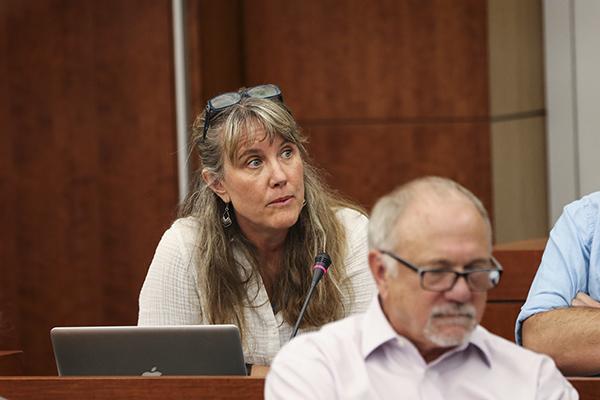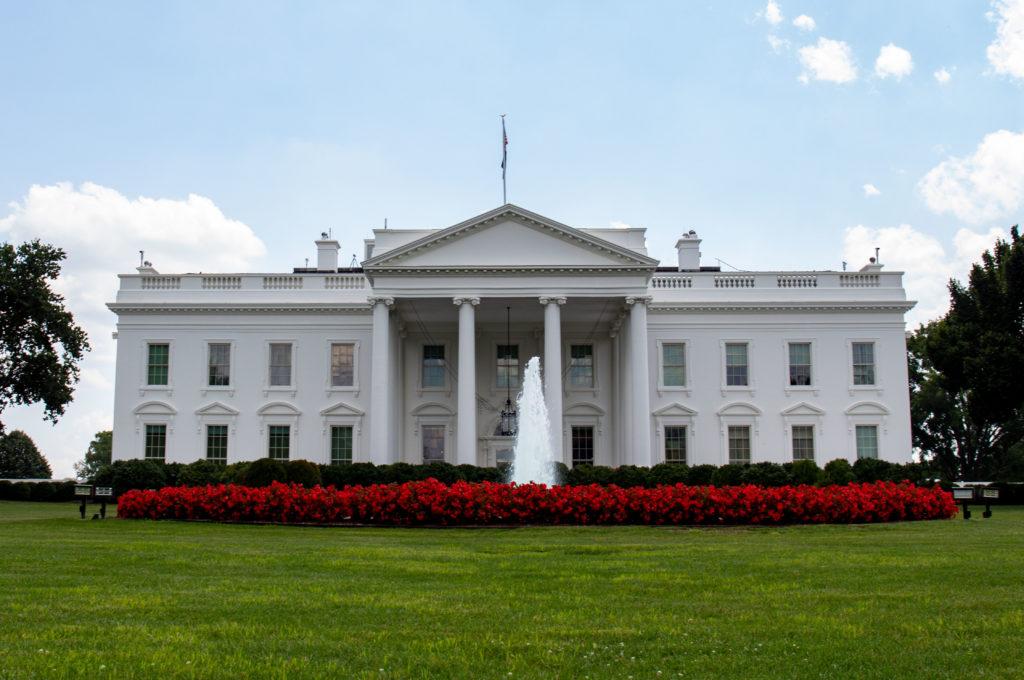Double-majoring got harder – until it got easier.
A change to the University bulletin that would limit double-counting credits, which some faculty said would make double-majoring harder, was rescinded last month. The reversal of the policy came only a month after it was originally implemented, and deans and administrators said they appreciate the quick switch of a policy that could have negatively impacted students.
Over the summer, a group of deans through the administration’s academic affairs committee passed a change that would require students to receive 12 unique credits for each major without double-counting credits between two majors, Vice Provost of Academic Affairs Forrest Maltzman said at last month’s Faculty Senate meeting.
Then suddenly, departments were notified this month that the rule was no longer in effect.
University spokeswoman Maralee Csellar said the 12-credit limit was “inadvertently” put in place to create consistency across schools. The rule was retracted after a meeting of the council of undergraduate deans on Oct. 23. Csellar said the regulation was removed from this year’s bulletin online and no students were affected by the policy.
“I am glad the decision was made to quickly address this University-wide regulation and further remove barriers,” Maltzman said in an email. He had said during last month’s Faculty Senate meeting that he and other administrators recognized the problem and were planning to deal with it.
Philip Wirtz, the Faculty Senate’s education policy committee chair, said he was glad the issue was dealt with quickly.
“The important issue here, in my view, is not who dropped the keys in the gas tank, but rather that a potentially bad situation was rescued fairly quickly,” he said in an email.
Since the rule was only in place for the beginning of the year, two department chairs said that they have not seen a decrease in double majors.
Katrin Schultheiss, the chair of the history department, said department chairs received notice last month that the new policy had been rescinded.
“The old rules have been restored,” Schultheiss said.
She added that the rule will be officially changed on the online bulletin within the next month.
Members of a Faculty Senate committee said at last month’s meeting they had not been consulted on the change, and that the policy could have kept students from double-majoring.
Marie Price, the Faculty Senate executive committee’s liaison to the education policy committee, said at last month’s meeting that the measure was put into place without consultation of the senate.
Price had said she was concerned that creating more requirements for double majors would discourage cross-departmental collaboration, a cornerstone of the University’s decade-long strategic plan.
“What problem was this policy trying to fix? And why was it rushed through without any consultation of the educational policy committee?” she said during the meeting.
Michael Castleberry, the previous chair of the education policy committee, said that the courses required for a specific major offer details and experience within a subject, which students lose when they don’t take as many courses specifically working toward a degree in one subject.
“Degree course totals are relatively consistent across universities and employers have a sense of the breadth and depth of the program of study,” Castleberry said.
He added that students who come to GW with Advanced Placement credits could accommodate a double major. Last year, CCAS faculty voted to allow students to count AP credits toward their degrees.
Ellie Smith contributed reporting.





